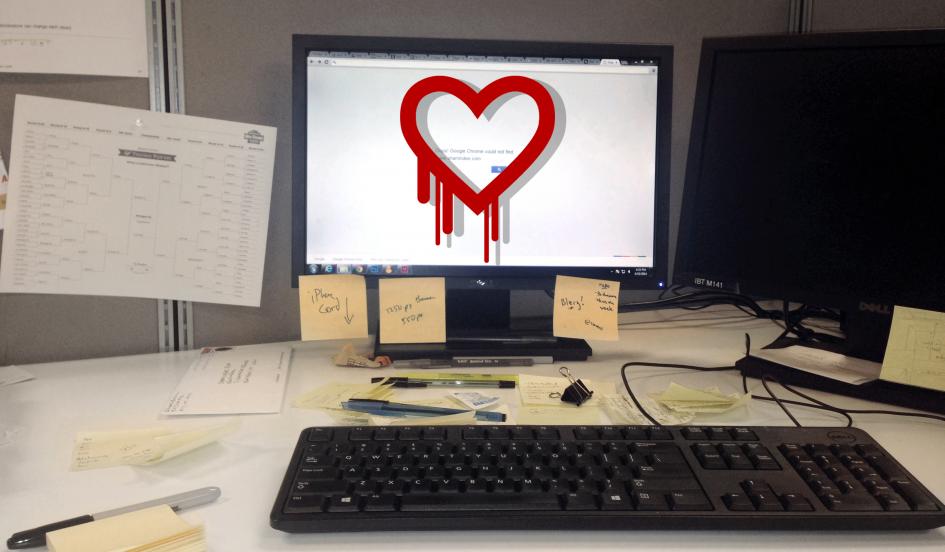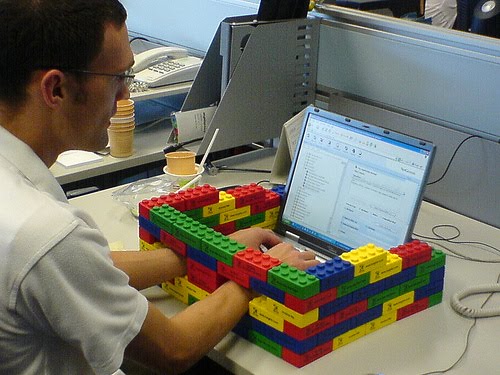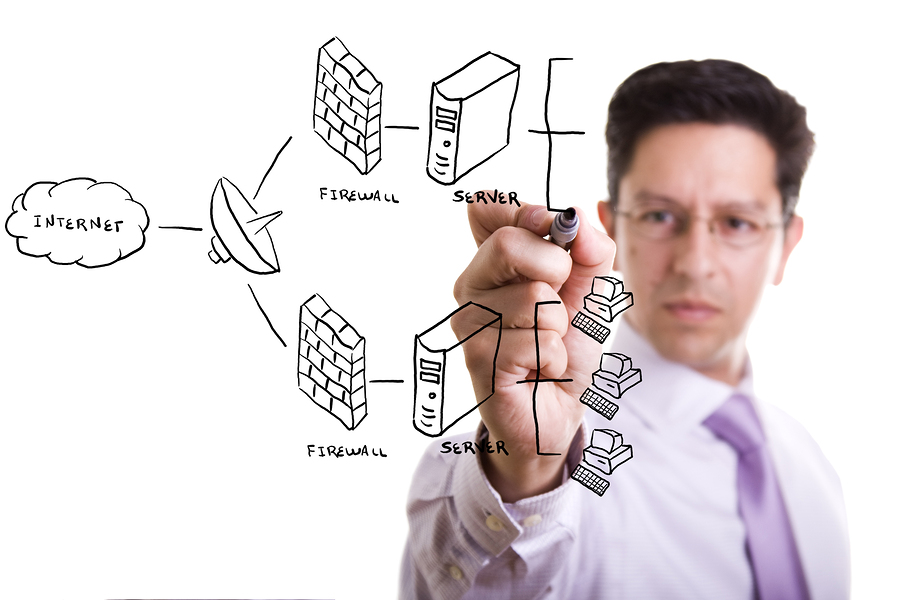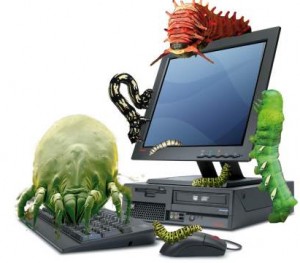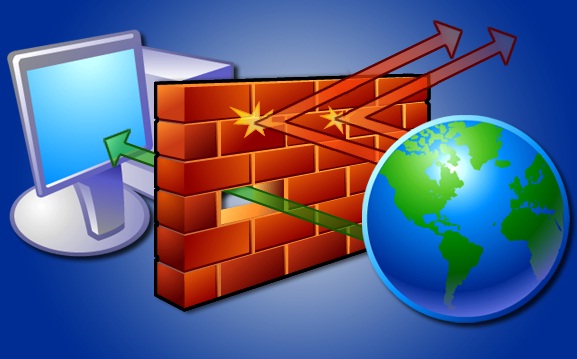[FACT OR FAKE #49] Do Firewalls Protect Our Computers From Viruses?
One of the most important things you can do if you want to stay safe online is to protect where your computer connects to the Internet. A correctly installed and configured firewall puts up a barrier between your private computer or network and a variety of Internet threats.
The Internet is the land of virtual adventures. Logically so, it's also a dangerous place and the most recent proof of it is a nightmare called the heartbleed bug.
So, considering the factor that the heartbleed bug has affected almost 2/3 of all web servers, we at SAYS decided to do a FACT OR FAKE analysis on one of the most common network security system: Firewall
Many people believe that firewalls protect their PCs and laptops from viruses. How much of it is FACT OR FAKE?
First, let's find out what is a firewall
In computing, a firewall is a software or hardware-based network security system that controls the incoming and outgoing network traffic by analyzing the data packets and determining whether they should be allowed through or not, based on applied rule set. A firewall establishes a barrier between a trusted, secure internal network and another network (e.g., the Internet) that is not assumed to be secure and trusted.
Many personal computer operating systems include software-based firewalls to protect against threats from the public Internet. Many routers that pass data between networks contain firewall components and, conversely, many firewalls can perform basic routing functions. The term firewall originally referred to a wall intended to confine a fire or potential fire within a building. Later uses refer to similar structures, such as the metal sheet separating the engine compartment of a vehicle or aircraft from the passenger compartment.
 securityspread.com
securityspread.com
Firewall technology emerged in the late 1980s when the Internet was a fairly new technology. To sum it up:
Basically, a firewall is a barrier to keep destructive forces away from your property. In fact, that's why its called a firewall. Its job is similar to a physical firewall that keeps a fire from spreading from one area to the next.
There are different types of firewalls depending on where the communication is taking place, where the communication is intercepted and the state that is being traced. Namely they are:
—Network layer firewalls, also called packet filters
—Application layer firewall
—Proxy server
—Network address translation
FACT: Firewall is not going to protect your computer from a virus, trojan, or spyware
In fact, the only type of malware that you'll definitely be helping prevent is a worm, because they travel over the network. And sure, theoretically an outbound firewall will alert you when a malware application is sending data back, but that's a false sense of security, since once you are infected, a clever virus can simply disable the firewall.
To help you determine the best overall approach to cyber security, consider what firewalls can and cannot do to protect you:
What Firewalls Do: Firewalls can protect your computer and your personal information from: Hackers breaking into your system, Viruses and worms that spread across the Internet, Outgoing traffic from your computer created by a virus infection.
utexas.eduWhat Firewalls Don’t Do: Firewalls cannot provide protection: Against phishing scams and other fraudulent activity, spyware being installed on your computer, or viruses spread through e-mail. From people who gain physical access to your computer or network. For an unprotected wireless network (If you have installed a wireless network at home, be sure you also install a firewall!), After a network has been compromised. Against Internet traffic that appears to be from a legitimate source.
homeandlearn.co.ukRemember, we aren't recommending that you go and disable your firewall, in fact you should keep it enabled at all times, especially when you're on an insecure network like a coffee shop
As part of an overall strategy for cyber security, firewalls play an important role in establishing the first line of defense against cyber threats. Combined with anti-spyware, anti-virus and anti-spam software, strong passwords and safe online practices, a firewall adds a layer of protection that increases your chance of staying safe online.
